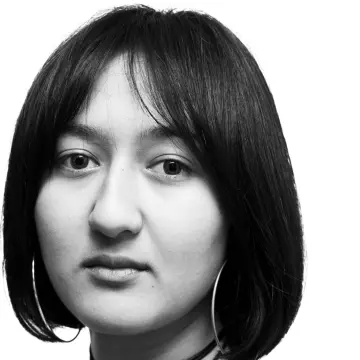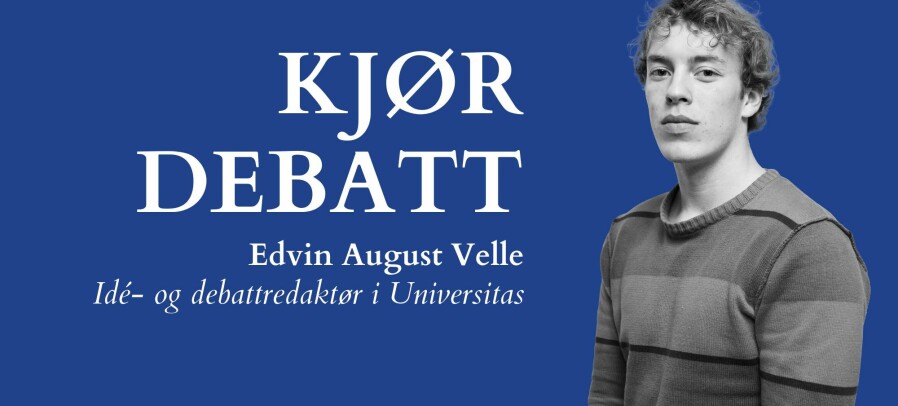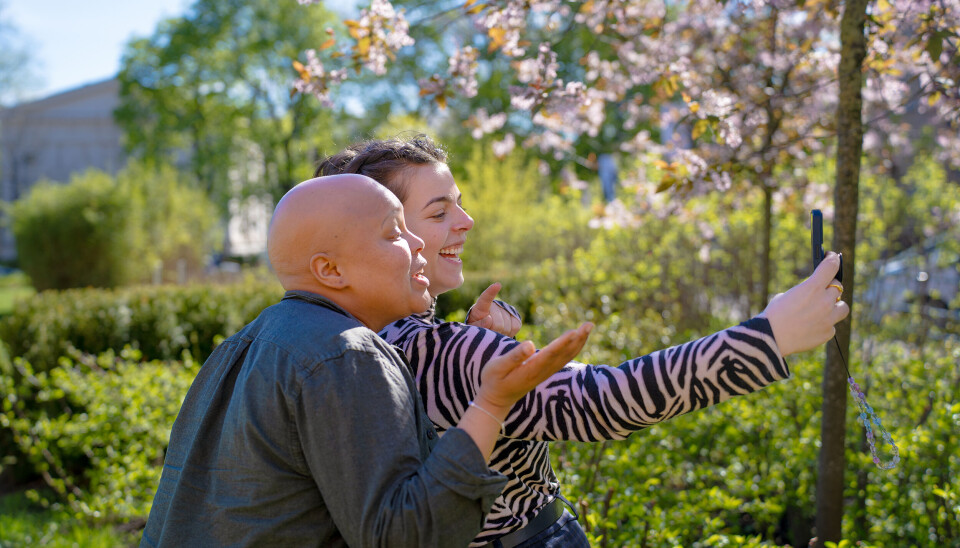
Belonging in a Country of Foreigners
Finding meaningful communities as an international in Oslo can be extremely challenging. Two immigrants have now set out to remedy this through projects aimed at improving the quality of life of internationals in Norway.
In Norway the conversation about migration is that integration very often equals assimilation.
Tumi Sineke (33) and Gabriella Mikiewicz (31) arrived in Oslo around three years ago, and while they did not know each other at the time, their first experience of the city was quite similar. They both felt something missing in the streets of Oslo: a lack of community and belonging. When they met each other in an online community for internationals living in Oslo they formed a friendship which evolved into something larger: a project to reimagine what belonging can look like.
Sineke moved to Oslo in the summer of 2022. Working as an inclusion and belonging consultant and facilitator, she thought it would be easy for her to continue this type of work in Norway.
— It was an interesting transition for me. Coming from South Africa, I was used to a lot of work having to do with race, gender and socioeconomic issues. When I got to Norway I was told they had solved all those issues here already. Of course, fast forward nearly three years, and I know that's not the case, Sineke says.
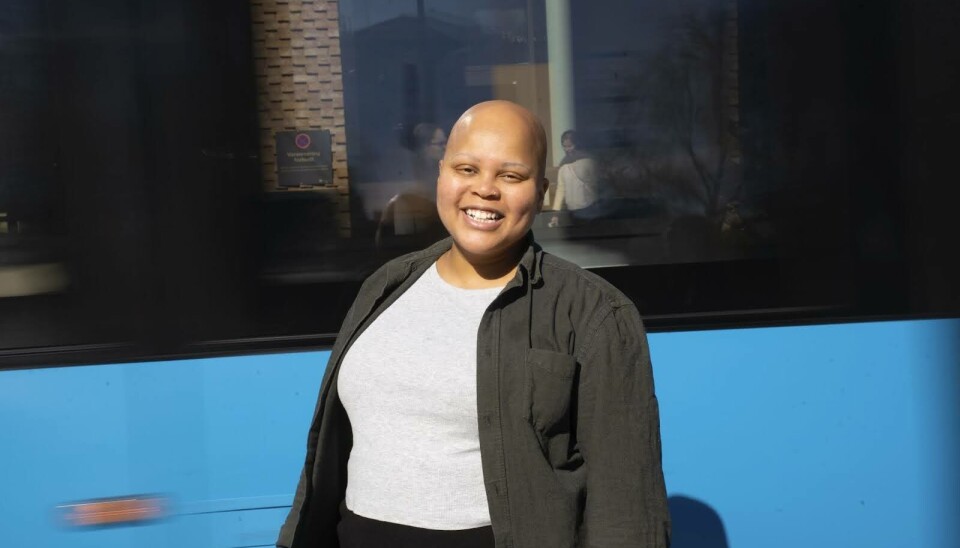
Mikiewicz decided to settle in Oslo after having experienced life in Norway during her Erasmus Mundus program. Having grown up in the United States with Polish parents, moving to Norway exposed her to many new challenges that she was able to navigate mainly thanks to her Norwegian partner.
— There was so much information that I was getting from him. It was much easier to settle in because I already had connections. I had a source, an insider.
When I think about belonging, I think about community.
Mikiewicz quickly realized the existence of an information gap and decided to combine her passion for migration and her experience in communications work and created Unlock Norway, a platform and community that supports internationals in navigating life in Norway, primarily through the ‘insider tips’ and curiosity of its creator. Through her content on Instagram, Mikiewicz not only shares facts about Norwegian culture and cities, but also information that, according to her, positively impacts the quality of life of immigrants, such as how to deal with bureaucratic processes and save money through discounts and membership deals at the stores. The page quickly blew up, and currently has some 56 000 followers.
— I started it myself because I wanted it to be a passion project. I was just playing around with it. It really took me by surprise how fast it grew, she says.
Immigrants get the job done
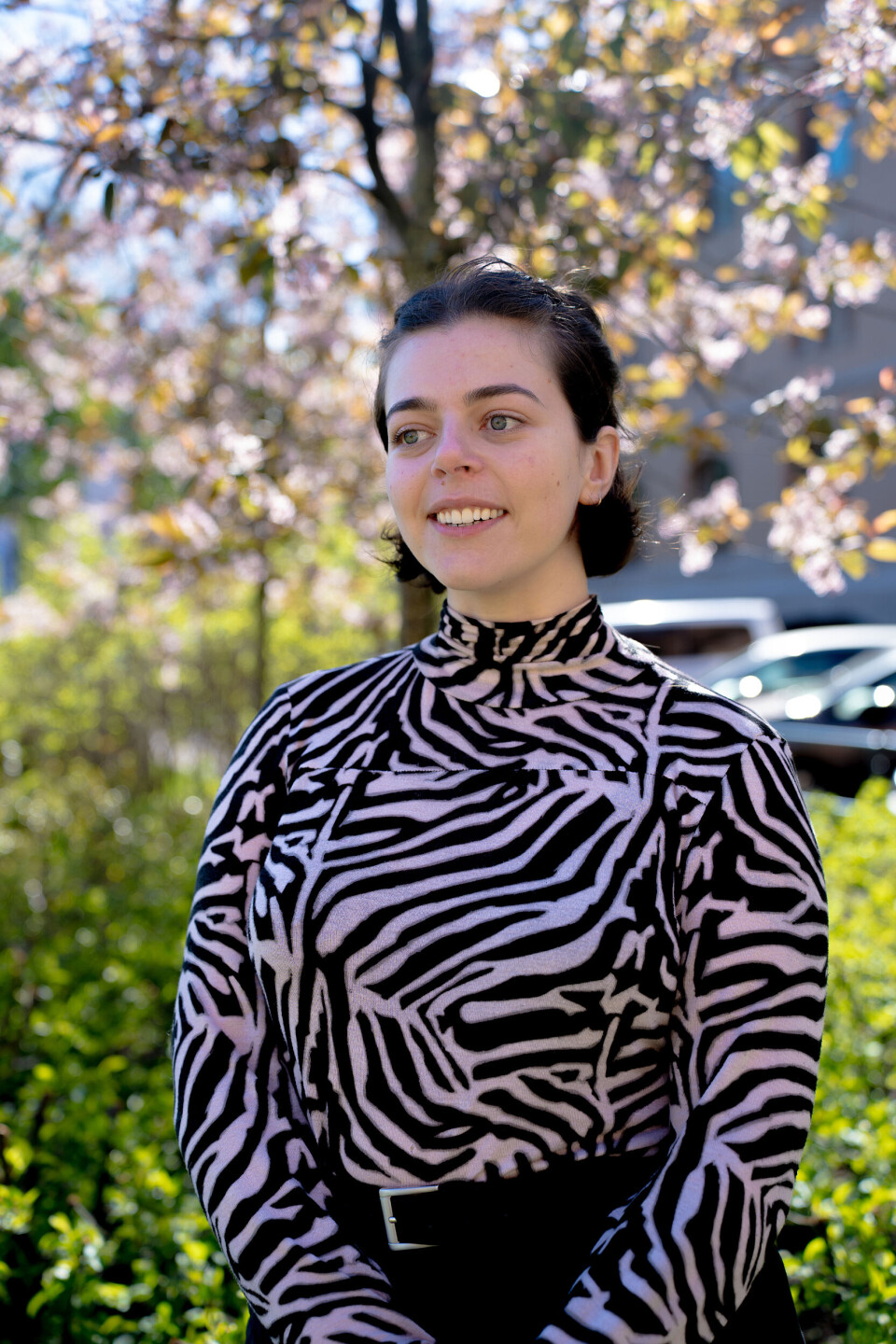
The lives of Sineke and Mikiewicz started to entangle when they met through a Facebook group, both looking for connections in the city.
— Our friendship started and a few months later we were swimming in the fjord and we were like: what if? Mikiewicz recalls.
Sharing a similar background in social impact work and first-hand experiences in Norway, Sineke and Mikiewicz co-founded Re-Routed, a volunteer-run program aiming at tackling some of the challenges the immigrant community in Oslo faces.
— In Norway the conversation about migration is that integration very often equals assimilation, she says.
— If we get people to be more engaged in the cities where they live, we get them to participate more in society, Sineke says, explaining the larger goal of the program of solving social mobility in Norway through making immigrants feel welcome and experience belonging.
With slightly over 20 participants and 10 volunteers, the first trial of the program in the autumn of 2024 brought together immigrants, companies and businesses for two 8-week courses on public speaking and content creation. Through a self-reporting survey, Sineke and Mikiewicz found that the participants found an increased sense of connection and felt more welcome in Oslo after the end of the program.
For her, Re-Routed is not only about networking, but rather creating a community space where immigrants can find support based on their own needs and facilitate conversations surrounding migration. Now Sineke and Mikiewicz are taking the time needed to implement the lessons learned from the first Re-Routed trial, and ensure that the future of the program keeps fulfilling the goal of making a positive change both in the cityscape and the lives of immigrants in Norway.
— Magic always happens when people come together, Mikiewicz says.
If nobody fits in, does everyone fit in?
So what does it mean to actually belong? For Sineke it means being part of the May 17 celebrations but also finding support in the queer community in Oslo.
— When I think about belonging, I think about community, she says.
For Mikiewicz, belonging also relates to relationships with other people. She aims to live authentically through relentlessly interacting with Norwegians without giving up in front of their aversion to talking to strangers.
Both founders of Re-Routed emphasize the power of immigrants in creating their own opportunities for belonging. Taking advantage of built-in networks you have as a student, going out of your comfort zone, and saying yes to new things are all ways in which international students can expand their community and find a home in Oslo.
— If you are scared and thinking, “What will they think of me? What if I don’t fit in?”, try thinking that, really, nobody fits in, Sineke concludes.
